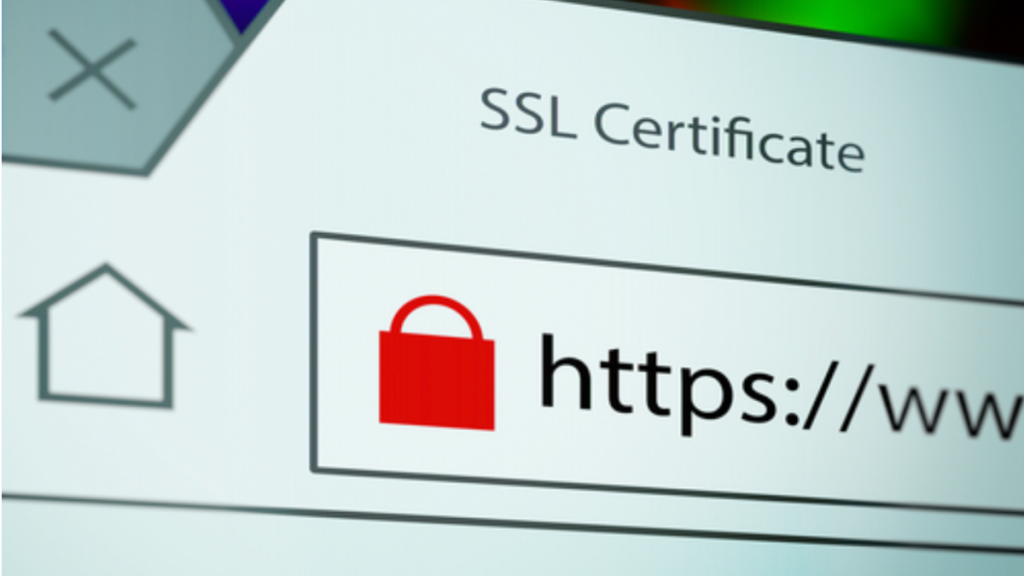An SSL is an electronic certificate that approves a web site’s identity and gives a secure connection. This process creates a secure connection between a web server and web browsers. SSL certificates its necessary on a company’s or organization’s website to make safe online purchases and keep consumer data private and safe, primarily if you use an unlimited reseller hosting plan.
In a word, SSL secures internet connections by prohibiting unauthorized access to or modification of data transferred between two computers. If you notice a lock icon next to the Hostname in the URL bar, SSL protects the website you’re visiting.
SSL Certificates & How Do They Work?
Contents
SSL is for protecting files between customers and sites between both systems, making them hard to reach. It encrypts data in transit to prevent gaining access to it while traveling all over the system. Identities, residences, credit card information, and other financial details are among the data that might be considered sensitive.
Why Is It Necessary To Get An SSL Certificate?
SSL certificates are essential for websites to safeguard user data, confirm website management, prevent fraudsters from creating a fake web page, and convey trust to users.
It is critical to keep data secret whenever a website asks users to sign in, submit personal information such as credit card numbers, or read private information such as medical benefits or financial information. SSL certificates assist in keeping online communication private by assuring consumers that the website they are visiting is legitimate and safe to exchange personal information.
Variations of SSL Certificate
Who says there’s only one type of SSL you can have? The market offers different types of SSLs, and you need to find the best match for your business.
1. Extended Certificates
This is the most expensive and prestigious SSL certificate. It’s usually reserved for the best websites that gather data and accept payments online.
2. Organization Validated Certificates
Because it requires the owner to undergo a rigorous certification procedure, this SSL certificate provides a similar level of assurance as to the EV SSL certificate. This certificate displays the website host’s information in the address bar to distinguish rogue sites.
3. Domain Validated Certificates
As a result of the simplified validation method used to get this SSL certificate type, Domain Validation give weaker assurance and encryption. They’re usually seen on blogs or informational websites.
4. WildCard Certificates
You may secure the main domain and an unlimited number of sub-domains on a single certificate. If you need to secure several sub-domains, a Wildcard SSL is substantially less expensive than purchasing separate SSL certificates.
5. Multi-Domain Certificates
A Multi-Domain certificate protects many URLs and extensions names. This covers several TLDs to create entirely distinct domains and subdomains.
6. Unified Communications Certificates
Multi-Domain SSL certificates are also known as Unified Communications. UCCs were created to protect Microsoft and Real Communication servers at first.
How To Obtain An SSL Certificate?
Straight from a Certificate Authority, Digital certificates can be obtained. Millions of SSL certificates are issued each year by Certificate Authorities, also known as Certification Authorities. They’re crucial to how the internet works and how transparent, trustworthy exchanges may occur online.
Depending on the amount of protection you desire, an SSL certificate might cost anywhere from $0 to hundreds of dollars. You may next browse for Certificate Issuers that offer SSLs at the grade you want once you’ve decided on the sort of certificate you need.
Final Thoughts
Think about what a site offers, whether it is dubious and whether you need to register. And always double-check that the domain of the website you’re visiting is spelled correctly.

